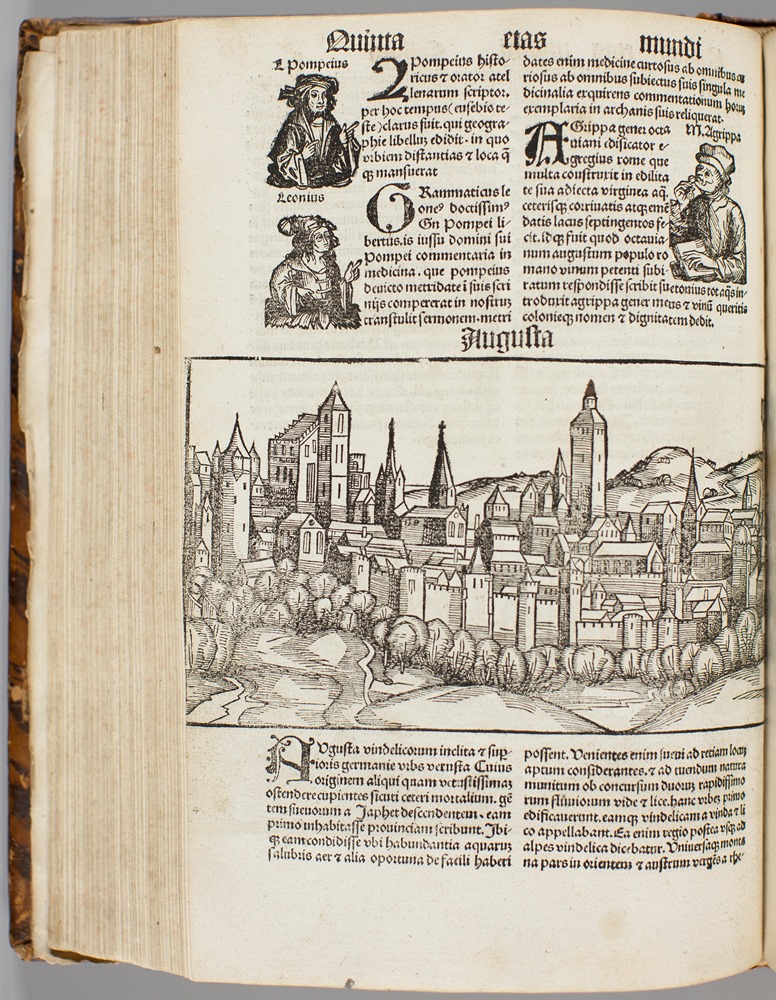Posted on behalf of Janine St. Germaine, Consulting Archivist
Twenty five cubic feet of boxes filled with personal correspondence, diaries and assorted manuscripts documenting the creative life of poet and Vassar alumna (Class of 1907) Laura Benet are currently being processed in the Archives and Special Collections Library. Selections of the collections were affected by an undocumented fire and require cleaning and special handling.
Ms. Benet, born in 1884 in Brooklyn, NY, was a poet, editor, novelist and biographer. Her livelihood also included work as a social worker at the Spring Street Settlements and Children’s Aid Society in New York City.
Ms. Benet came from a noted a literary lineage — her brothers, William Rose Benet and Stephen Vincent Benet were both acclaimed poets, and upon closer inspection in this collection, one recognizes the literary talents of Benet’s mother (often referred to as “Mother Bunny” in several letters from her progeny), also a published writer with a passion for lengthy letter writing.
Correspondence in the collection includes letters from Edna St. Vincent Millay, Robert Frost and Marianne Moore, as well a large volume of correspondence between the Benet family members, including several to and from Stephen Vincent Benet and William Rose Benet. One notable piece of correspondence that surfaced early in this effort is a letter from Yale’s Registrar to the parents of William Rose Benet, dated 1905, two years prior to completing his degree. The letter alerts Benet’s parents that William Rose has been put on probation due to “serious scholarship deficiencies and irregular attendance.” Mother Bunny responds:
… Oh, I am so grieved and so ashamed! Do you not know, my child, that you are just the apple of my eye, the very core of my heart, and do you not realize that your father is giving you generously, all that which men’s sons get, and that he has had a year of great anxiety and worry that I am about used up from the same causes, and can you add a feather’s weight to the load?
More to come…


















